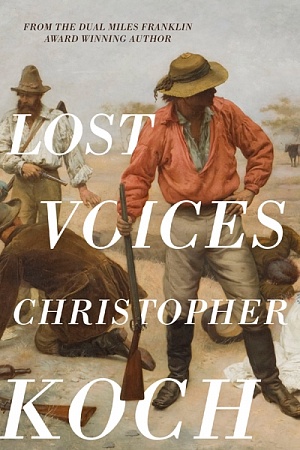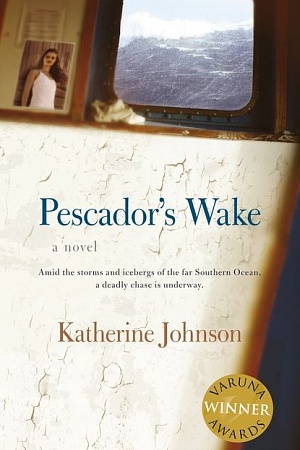Orpheus Lost
Fourth Estate, $32.99 pb, 350 pp
Orpheus Lost by Janette Turner Hospital
If the role of myth is to elaborate an unbearable truth so frequently and variously that its burden is made bearable, it is no wonder that the story of Orpheus and Eurydice exists in a multitude of retellings and a plethora of different versions on canvas, screen, stage and disc. Most of these remain faithful to its romantic-tragic paradigm: boy meets girl, boy loses girl, boy does not get her back. Consumers of this myth of inexhaustible mystery willingly relive, time and time again, the magnetic pull of fathomless love and the black hole of inconsolable loss. As always, however, universals must be broken down into specifics if they are to be assimilated, and this one has always been enhanced by some very charming particularities. The original Orpheus played the lyre with such artistry that his music moved rocks and trees and tranquillised wild beasts, all of which wept for him when he died. More horribly, a horde of frenzied women, incensed by his indifference to them, dismembered his body. Eurydice was by this stage also dead, triumphantly reclaimed by Erebus when Orpheus could not refrain from looking back to make sure she was following him out of the underworld. Beyond love and loss, in death as in life, Orpheus and Eurydice perpetuate an image of fidelity.
Continue reading for only $10 per month. Subscribe and gain full access to Australian Book Review. Already a subscriber? Sign in. If you need assistance, feel free to contact us.















Leave a comment
If you are an ABR subscriber, you will need to sign in to post a comment.
If you have forgotten your sign in details, or if you receive an error message when trying to submit your comment, please email your comment (and the name of the article to which it relates) to ABR Comments. We will review your comment and, subject to approval, we will post it under your name.
Please note that all comments must be approved by ABR and comply with our Terms & Conditions.